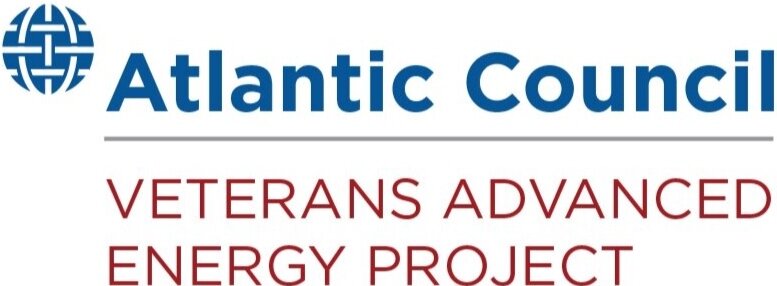These military veterans are solving our energy and climate problems, one idea at a time
/The Veterans Advanced Energy Project is pleased to share nine policy proposals from the 2020-2021 Veterans Advanced Energy Fellows.
Photo by Diego PH on Unsplash. Editing by Leah Emanuel.
Robin Tyner, a US Navy veteran living in Exeter, New Hampshire, sees the need to bring creative energy solutions to remote locations in Northern US states like hers and others such as Maine, North Dakota, Montana and Alaska. An emerging technology called marine hyrdo-kinetic (MHK) energy may be that solution for areas near lakes and streams, like it was for the Village of Igiugig in Alaska. Tyner is calling on the US Department of Energy’s Water Power Technology Office and the Deputy Director for Environmental Justice to allocate funding from the new Justice40 program for similar MHK projects.
Taylor Searcy, a US Navy veteran in Detroit, Michigan, has a long history of living on and near the water. After leaving the Navy, Searcy moved to Fiji where he researched low carbon transport solutions between the Pacific islands. Today, he sees a major opportunity to reduce the greenhouse gas emissions from seaports around the globe and wants to use these ports as “green gateways” to achieve other climate change goals. Searcy proposes an interagency port decarbonization policy under the American Jobs Plan to capitalize on the joint efforts across the US Departments of Transportation, Energy, and the Environmental Protection Agency.
Jon Gillis, a US Marine Corps veteran in Chicago, Illinois, wants to boost US competitiveness in the solar battery market now dominated by China and other Asian countries. Historically, the US has tried to drive the demand for electric vehicles through subsidies and tax breaks to consumers. Jon proposes a new “Made in America” subsidy and tax credits for battery producers in the United States to improve the supply side economics.
These are just three examples of the many ideas generated as part of the 2020-2021 Veterans Advanced Energy Fellowship. As part of the yearlong leadership program, each fellow prepared a policy proposal related to national security and advanced energy with the assistance of an advisor from the Atlantic Council network. The policy proposals diagnose a problem and propose a solution to a specific actor or actors. The Fellows consider the counterarguments of the policy prescription to strengthen the proposed pathway and were encouraged to select a topic that they have a professional and personal connection.
Click the button below to read the full proposals. Applications for the next cohort of the Veterans Advanced Energy Fellowship are open until August 16, 2021. Click here for more information.
Applications are now open until August 16, 2021
The Veterans Advanced Energy Fellowship seeks to create a cadre of future leaders within the advanced energy industry. A successful fellow will become a peer mentor, advocate, and spokesperson for other veterans, reservists, and military spouses, helping to solidify the advanced energy connection to national security and the mission-driven advancement of veterans’ employment in advanced energy. As fellows rise within advanced energy organizations, they can more closely tie national security to energy security, as well as move the advanced energy economy forward.
Watch the video below from the 2021 Veterans Advanced Energy Week for a selection of the policy proposal presentations














